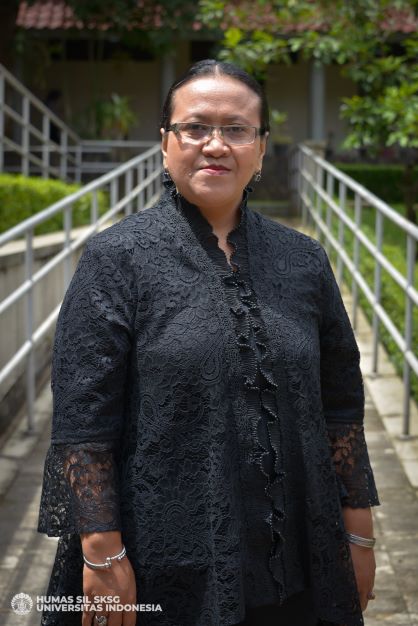
Dr. Polit Sc. Henny Saptatia D.N., S.S.,M.A.
Multilateralisme dan Migrasi
The global pandemic COVID-19 remind us of the world fragility, but at the same time, the importance of the international solidarity. The world struggles to fight global pandemic and mitigate its impact on lives and livehoods. National responses are vital, but it is clear that international cooperation is the only effective way to win the battle. Multilateralism will be the best strategy and weapon to fight, and to defense against current global threats. At the international level, it leaves no doubt that global community must revive cooperation and view closer on multilateralism, and making them more efficient and coherent for the purposes. World needs more effective framework to prevent, detect, and respond to diseases and pandemics, rooted in reformed, reinforced institutions and new mechanisms designed to prevent the future global threats. It is urgent to establish the potential of international platforms and organizations to contribute to the global health system. Multilateral institutions need to help marshal the necessary political will, to mobilize resources toward health-care reform, establish the analytical firepower to distill best health policies and practices, provide a model of preparedness and crisis management that other region might involve in the joint action. It is urgent for multilateral institutions and organizations to have an advance common health approach that brings together the environmental, political, economic, social and security dimensions of public health. A global health framework must cover the chain of public-health interventions, from scientific research and early warning to policy design, formulation, implementation, and evaluation. However, multilateralism on health issues should be extended to related global threats that world have failed to address effectively, such as: environmental issues, international migration, poverty and the rising of inequality, armed conflicts, security and defence, terrorism, and more. Although these challenges may seem less urgent during the period of global pandemics COVID-19, world believes that the threats they pose to the globe persist, and these challenges will remain in the post pandemic era.
The following are the topics of discussion within the research cluster :
- European and Eurasian multilateralism
- The Americas multilateralism
- Asian and Pacific multilateralism
- African and Islamic countries multilateralism
- Multilateralism agendas on global public health
- Multilateralism and global threats on armed conflict, defence, security, and terrorism
- Multilateralism and the issues of international migration
- Global poverty and the rising of inequality in the pandemic and post-pandemic era
- Multilateralism and global economic, financing of investments and social development.


